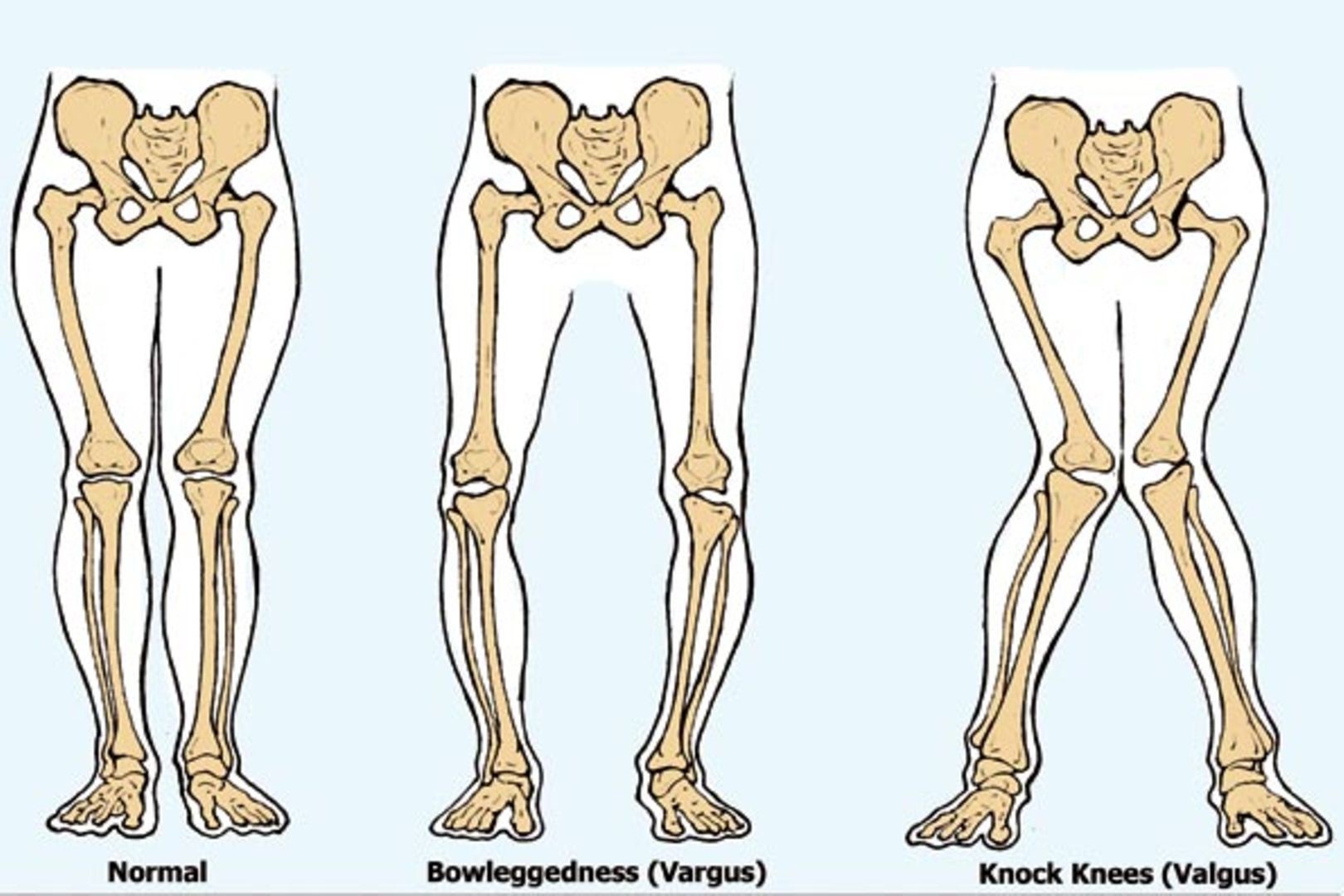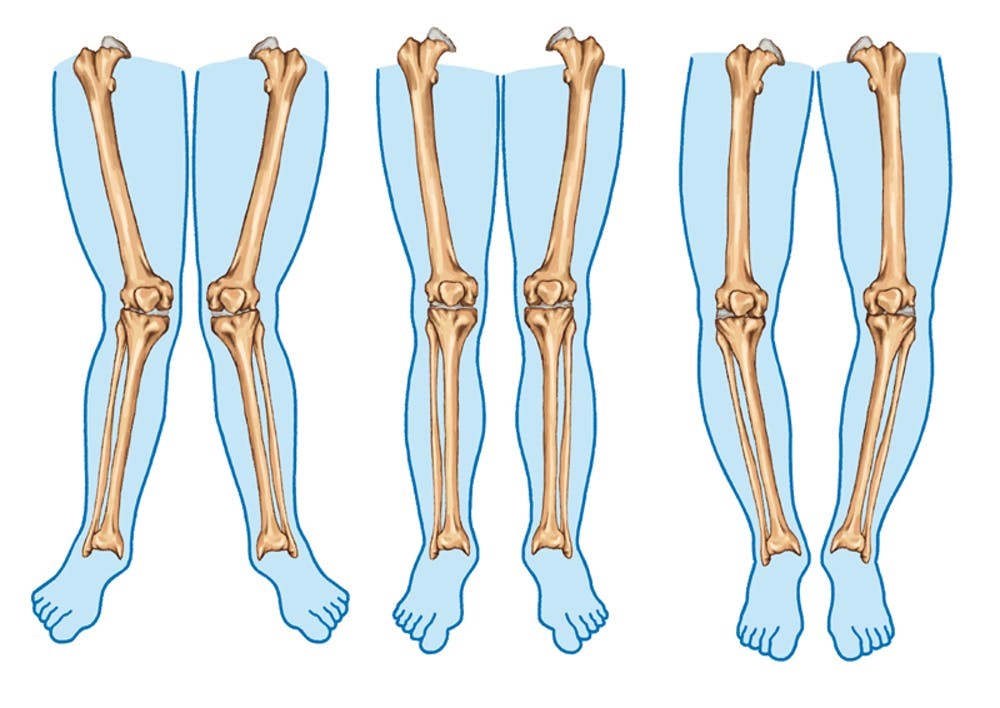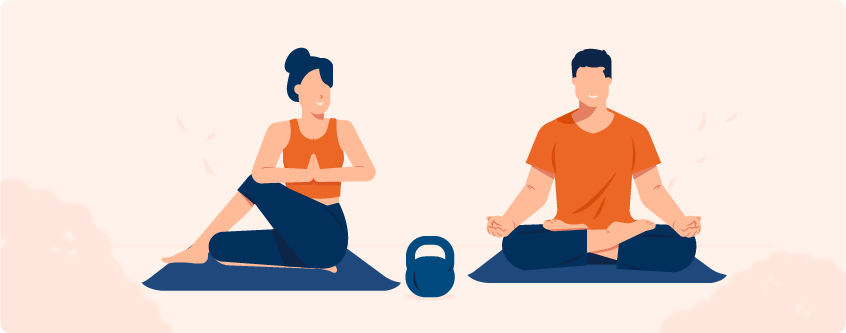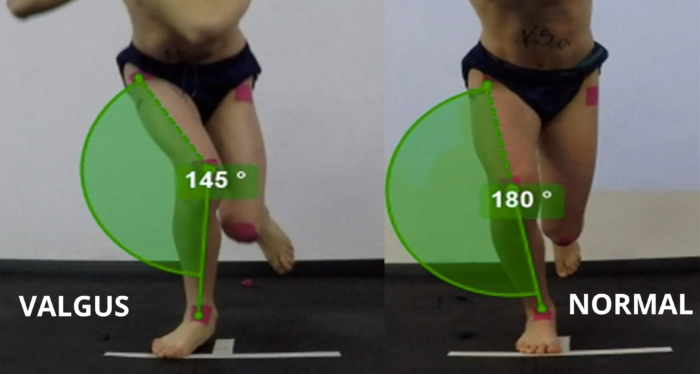Knock knees, medically known as genu valgum, is a condition where the knees angle inward and touch each other when the legs are straightened. This condition is among the crucial aspects of the medical examination conducted during the Service Selection Board (SSB) interviews for Indian Army recruitment. Candidates found to have knock knees are declared medically unfit, as they may face difficulties in performing physical tasks during training and on the battlefield, and are prone to severe knee injuries. In this article, we will discuss what knock knees are, how they affect your medical examination during SSB interviews, and ways to address this issue.
Understanding Knock Knees
Knock knees is a condition characterized by inward angling of the knees, causing them to touch each other when the legs are straightened. This condition may be noticeable when standing, walking, or running. Knock knees can affect individuals of all ages, but it is particularly crucial for candidates aspiring to join the Indian Army, as physical fitness is paramount in military service.
Causes of Knock Knees
Several factors contribute to the development of knock knees, including:
- Weak Muscles: Weakness in the muscles surrounding the knees can lead to misalignment and inward angling of the knees.
- Overweight: Excess body weight can exert pressure on the knees, causing them to angle inward.
- Lack of Balanced Diet: Poor nutrition, including deficiencies in essential nutrients such as calcium and vitamin D, can contribute to skeletal abnormalities.
- Lack of Vitamin D: Vitamin D deficiency can weaken bones and contribute to skeletal deformities such as knock knees.
How to Check for Knock Knees
Checking for knock knees is a straightforward process that can be done with a simple observation:
- Stand on a Flat Surface: Stand on a flat surface with your feet together.
- Form a “V” Shape: Form a “V” shape with your feet by touching your heels together and spreading your toes apart.
- Observe the Knees: Look at your knees to determine if there is a gap between them or if they touch each other. If your knees touch each other or there is excessive inward angling, you may have knock knees.
Are Carrying Angle, Flat Foot and Knock Knees Allowed in Defence
Addressing Knock Knees
For candidates aspiring to join the Indian Army, addressing knock knees is crucial to pass the medical examination during the SSB interview. Here are some tips to help address knock knees:
- Maintain a Healthy Weight: If you are overweight, focus on achieving and maintaining a healthy weight through a balanced diet and regular exercise. Weight loss can help reduce pressure on the knees and improve alignment.
- Engage in Low-Impact Exercises: Engage in low-impact exercises such as swimming, cycling, or walking to strengthen the muscles around the knees and improve alignment.
- Include Calcium and Vitamin D in Your Diet: Consume foods rich in calcium and vitamin D, such as dairy products, leafy greens, fortified cereals, and fatty fish, to support bone health and prevent deficiencies.
- Specific Exercises: Perform exercises targeted at correcting knock knees, such as:
- Placing a block between your thighs and squeezing it while trying to bring your knees closer together. Hold this position for a few minutes and repeat.
- Consult a physiotherapist or orthopedic specialist for personalized exercises and treatment options.
How To Maintain Physical Fitness For SSB Interview
Conclusion
Knock knees can pose a significant challenge for candidates aspiring to join the Indian Army, as it may lead to medical disqualification during the SSB interview. However, with awareness, early detection, and appropriate intervention, candidates can address knock knees and improve their chances of passing the medical examination. By maintaining a healthy lifestyle, engaging in targeted exercises, and seeking medical guidance, candidates can overcome this obstacle and pursue their dreams of serving in the Indian Army.
FAQs
Q1: What are knock knees?
Knock knees, medically known as genu valgum, is a condition where the knees angle inward and touch each other when the legs are straightened. It can affect an individual’s gait and physical performance.
Q2: Why is checking for knock knees important during the Indian Army SSB?
Checking for knock knees is crucial during the Indian Army SSB as candidates with this condition may face difficulties in performing physical tasks during training and on the battlefield, making them medically unfit for service.
Q3: How can I check if I have knock knees?
To check for knock knees, stand on a flat surface with your feet together, forming a “V” shape. Observe if there is a gap between your knees or if they touch each other. Excessive inward angling indicates knock knees.
Q4: What are the common causes of knock knees?
Common causes of knock knees include weak muscles surrounding the knees, being overweight, lack of a balanced diet, and vitamin D deficiency, all of which can contribute to skeletal misalignment.
Q5: Can knock knees be corrected?
Yes, knock knees can often be corrected through lifestyle changes, exercises targeting the muscles around the knees, maintaining a healthy weight, and consuming foods rich in calcium and vitamin D. In some cases, medical intervention may be necessary.
Q6: Can knock knees disqualify me from joining the Indian Army?
Yes, candidates with knock knees are typically declared medically unfit during the Indian Army SSB medical examination. However, with appropriate intervention and correction, candidates may become eligible for service.
Q7: Are there any specific exercises to correct knock knees?
Yes, exercises such as squeezing a block between your thighs while trying to bring your knees closer together can help strengthen the muscles around the knees and improve alignment. Consultation with a physiotherapist or orthopedic specialist is recommended for personalized exercises.
Q8: Can knock knees develop later in life?
While knock knees commonly occur during childhood development, they can also develop later in life due to factors such as muscle weakness, obesity, or skeletal abnormalities. Regular physical activity and maintaining a healthy lifestyle can help prevent or mitigate this condition.
Q9: Is there a surgical option to correct knock knees?
In severe cases of knock knees that do not respond to conservative treatment, surgical intervention may be considered. Procedures such as osteotomy, where the bones are cut and realigned, may be recommended by orthopedic surgeons.
Q10: Can knock knees affect my chances of joining other branches of the armed forces?
Yes, knock knees can affect your chances of joining other branches of the armed forces, as physical fitness is a requirement for all branches. Candidates with knock knees may face similar medical disqualifications during the medical examination for other branches.










